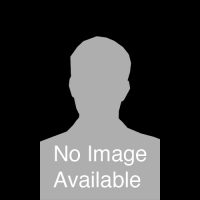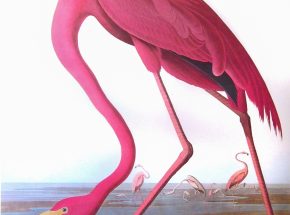

John Woodhouse Audubon, second son of the artist/naturalist John James Audubon, was born on November 30, 1812, in Henderson, Kentucky. At an early age he showed artistic promise and was encouraged to join his father in his scientific interests. While his brother Victor Gifford (1809-1860) assisted with the business and record-keeping functions related to the various Audubon publications, John Woodhouse was an active traveler and collector of specimens, as well as a draftsman. In 1833 he accompanied his father on an expedition to Labrador. Later that same year John James was able to write, “John has drawn a few Birds, as good as any I ever made, and in a few months I hope to give this department of my duty up to him altogether.”
While the Audubon family was in London in 1834, both sons studied painting, John apparently making portraits and copies of works by Sir Henry Raeburn (1756-1823) and Bartolome Esteban Murillo (1617-1682). By this time the senior Audubon’s projects had become family enterprises. John Woodhouse traveled to Florida and Texas in 1837 on collecting missions. He would return to the Southwest nine years later to gather specimens of mammals as well as birds. During the years 1839-1843 John Woodhouse was chiefly responsible for the production of the second version of The Birds of America, overseeing the reduction of 500 plates to their smaller size and working with the lithographer. Within a few years he also painted, in oil, half of the subjects used as illustrations in The Viviparous Quadrupeds of North America (1845-1848) and supervised the printing of all of the plates. In 1856 he published a second reduced-size edition of The Birds of America and in 1860 began to produce a second, folio size edition of it, this time by lithography rather than engraving. Because many of the subscribers to the latter were Southern, the venture was ruined by the Civil War.
Both John and Victor Audubon built homes on the land surrounding their parents’ house in New York. John had nine children, two by his first wife, Maria Rebecca Bachman, daughter of the Rev. John Bachman (collaborator on the Quadrupeds), and seven by his second wife, Caroline Hall. He exhibited portraits as well as animal paintings in New York throughout the 1840s and 1850s, at the Apollo Association, American Art-Union, and National Academy of Design. He died in 1862. [This is an edited version of the artist’s biography published, or to be published, in the NGA Systematic Catalogue]
https://www.nga.gov/content/ngaweb/Collection/artist-info.128.html
